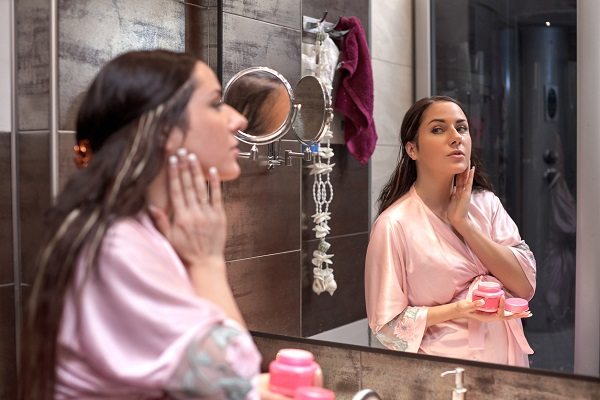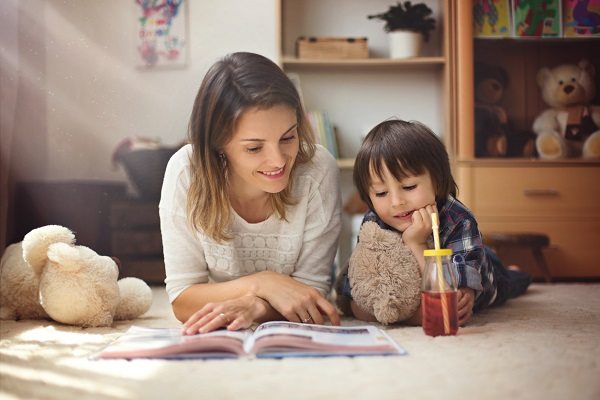With over 170,000 children attending an early years service in Ireland, Barnardos has produced a handy guide to support parents in making decisions about the best quality option for their child.
Written by early years experts in Barnardos, the Choosing Quality Childcare guide provides parents with information about what to look for in a quality early years service, and includes topics and questions that parents can discuss with staff – these include:
Introduction
A quality early years service will share a lot of information with parents and children, and will ask parents for information about the child’s background, interests, needs, abilities, likes, dislikes and special relationships.
Children’s rights
Children have the right to be able to have a say and make choices, to be treated with respect, to have their needs met, to be nurtured, educated and well cared for and, importantly, to play.
Environment – indoors and outdoors
The learning environment (indoors and outdoors) influences what and how children learn. Lots of natural materials and equipment that encourage children to play and to explore, and to use freely in their own way – in particular access to sand, water and blocks – are good indicators of a quality service.
Service policies and procedures
It is important to ask to see the service’s policies and procedures. These are the ‘rules’ that guide practice in the service.
Health, nutrition and welfare
Ask to see the service’s most recent Tusla inspection report or view it online to ensure that the service meets the minimum legal requirements regarding health, nutrition and welfare. A quality service will be happy to share this with parents.
Inclusion and individual needs
A good quality service will have an Inclusion Policy and will have signed up to the national Inclusion Charter. They will be respectful of differences of all kinds including culture, family background, religious beliefs, ability and disability.
Settling in
The procedure for supporting children in the settling-in period is particularly important and there should be clear information given about it, well before the child starts at the service.
Relationships
Relationships are hugely important to children’s development and wellbeing, and so the quality of relationships in an early years setting must be one of the most important considerations.
Curriculum/programme of activities
Information on the curriculum should be clearly described in the Parents’ Handbook and also talked through with parents at the introductory meeting. Essential criteria focuses on:
- The best interests of the children
- Children’s needs
- An understanding of the ways in which young children learn and develop
- The importance of relationships and interactions
- The need for all children to be and to feel included
Play and learning – indoors and outdoors
The amount of time given to play and the type of activities through which young children learn best – hands-on, playful, meaningful activities (activities that mean something to children), that encourage creativity, exploration and curiosity – are big indicators of quality.
Communication with and in the service
Good, clear, open communication is very important at all times and at all levels.
Childcare inspections
Both Tusla and Department of Education Inspections Reports are available to view online. A service should be happy to share their most recent reports with parents.
The Choosing Quality Childcare guide is part of Barnardos’ series of free parenting publications that cover topics such as your child’s behaviour, outdoor play, bullying, teenage wellbeing, bereavement, parental separation, domestic abuse, and problem drug and alcohol abuse. These are all available to download from the Barnardos Online Shop
maternity&infant
Originally posted 2017-03-09 13:05:48.









